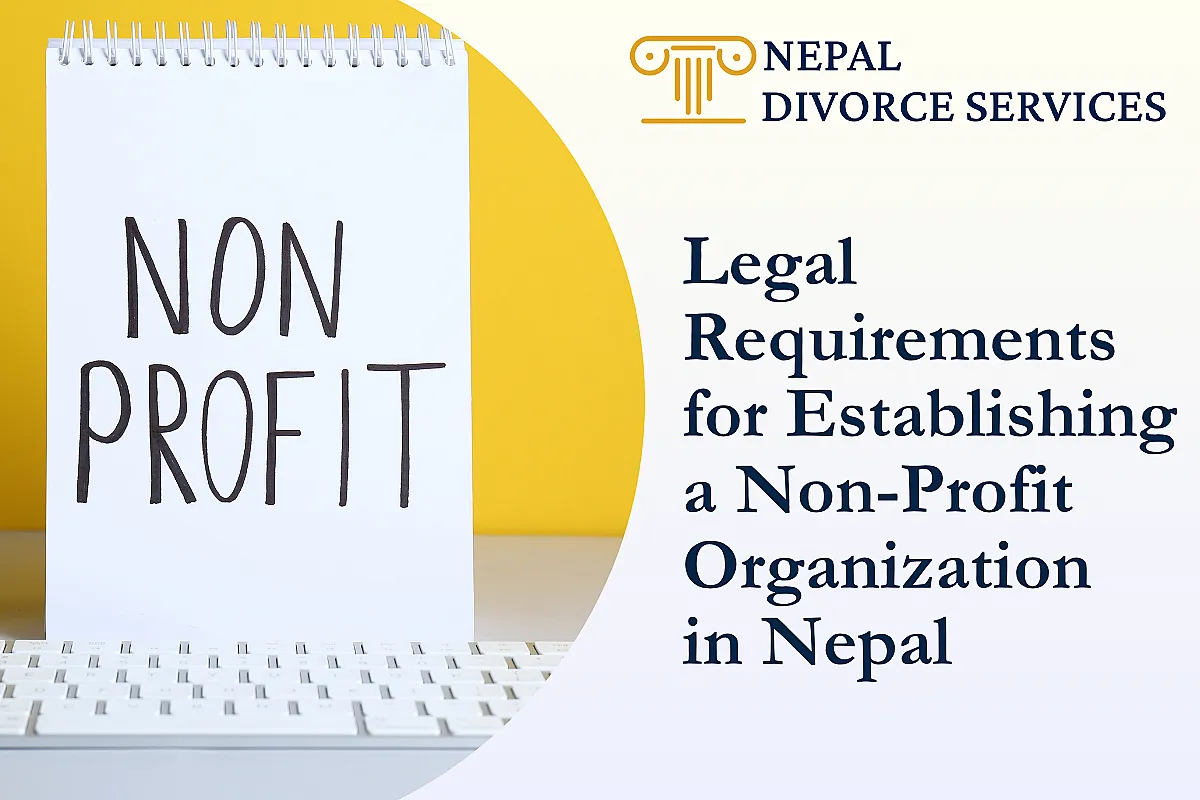Tag : Public Interest Lawyer
Legal Requirements for Establishing a Non-Profit Organization in Nepal
Legal Requirements for Establishing a Non-Profit Organization in Nepal are the rules and procedures that govern the formation and operation of non-governmental organizations (NGOs) in Nepal. NGOs are voluntary associations of individuals or groups that are not affiliated with the government or any political party, and that work for social, cultural, educational, religious, charitable or other public purposes. NGOs can be registered at the district level under the Associations Registration Act, 1977, which is the main law that regulates NGOs in Nepal.
The Legal System of Nepal
The legal system of Nepal is a complex and evolving system that has been shaped by a variety of influences, including the country's history, culture, and religion. The legal system is also influenced by the country's current political and economic situation. The history of the legal system of Nepal can be traced back to the 18th century when the country was ruled by the Shah dynasty. During this period, the legal system was based on Hindu law and customary law. In the 19th century, the British colonial government introduced elements of common law into the Nepalese legal system.
Litigation in Nepal: Writ Jurisdiction
This article delves into the writ jurisdiction in Nepal, highlighting its role in protecting individual rights. It covers the five types of writs available—Habeas Corpus, Mandamus, Certiorari, Prohibition, and Quo-warranto—along with the conditions under which they can be issued. Additionally, it provides insights on how individuals can file writ petitions, including on behalf of others, and discusses the importance of these legal instruments in ensuring justice and accountability in governance.



